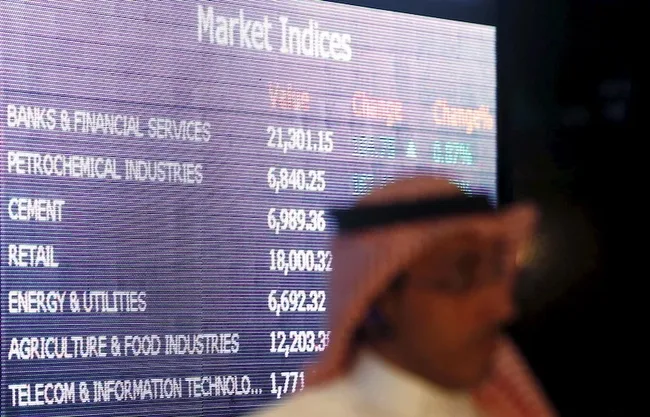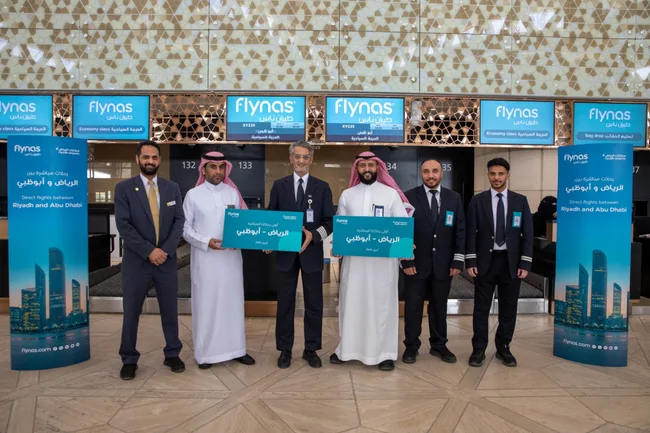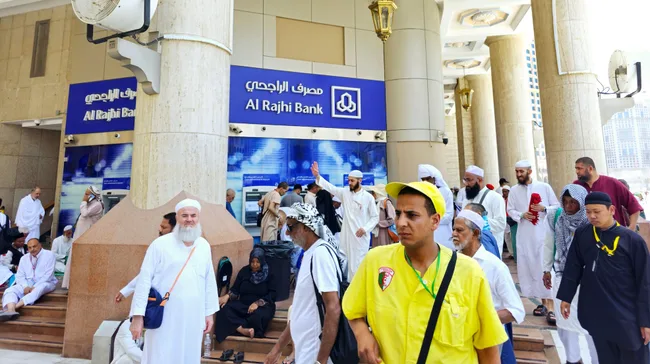International asset managers looking to raise funds in Saudi Arabia can no longer do so as easily without establishing a presence in the kingdom and aligning their activities with the country’s Vision 2030 diversification goals, analysts say.
Despite the kingdom’s commitment this year to invest and trade as much as $600 billion in the US economy over Donald Trump’s presidential term, it is becoming harder for international fund managers to raise money purely based on investment propositions, sources say.
Local institutional investors have become more reluctant to send their money abroad without seeing some benefit to the national goals of the largest Arab economy.
“There’s more of a strategic agenda on the part of local institutions still investing heavily in private capital but also wanting a deeper level of engagement with the local markets,” says Jeff Schlapinski, managing director of research at New York and Singapore-based data platform Global Private Capital Association.
“They want to see a local presence.”
Since the start of last year, fund managers overseeing about $5 trillion in assets have opened their first offices in the capital, Riyadh. Others, such as Goldman Sachs, have reinforced a pre-existing presence in the country by creating larger, more regional operations.
During a US-Saudi investment conference in Riyadh last month, during Trump’s visit to the kingdom, the $940 billion Public Investment Fund signed initial agreements with two US-based asset managers worth a combined $11 billion.
The non-binding agreements with investment management companies Franklin Templeton and Neuberger Berman aim to support capital markets and the kingdom’s growing asset management sector.
Last year, Saudi Arabia’s asset management industry grew by 21 percent, according to Fitch Ratings, crossing SAR1 trillion ($267 billion) for the first time.
The sector is set to attract more inflows this year and next, Fitch predicts, with assets under management growing to $350 billion, equivalent to roughly 30 percent of gross domestic product. The kingdom’s target is 40 percent by 2030.
Yet, the world’s largest oil exporter is also struggling with a decline in oil prices this year, which has pressured the oil revenue on which the government relies for about 60 percent of its total.
Against the backdrop of this fiscal struggle, local institutional investors are likely to become even pickier when it comes to international investments.
“[Saudi] Institutions are being very selective about the relationships that they’re maintaining and looking to grow over time, so it’s not like just anyone can go and expect to raise a fund,” says Schlapinski.
“They want to diversify their economies, they want to build up certain technology areas.”
Technology is a particular area that piques investor interest in Riyadh.
The kingdom is soliciting partnerships with experienced companies in industries such as artificial intelligence, electric vehicles and data infrastructure.
Deals signed during the US-Saudi investment conference are indicative of this approach and include a $20 billion investment agreement between the Saudi company DataVolt and Silicon Valley’s Supermicro to develop data centres across the US and Saudi Arabia.
Nvidia CEO Jensen Huang said at the event that his company will supply PIF AI company Humain with 18,000 microchips to deploy across local data centres.
DataVolt also signed agreements with US technology companies Google, Uber, Oracle, AMD and SalesForce to the tune of $80 billion.
Asset managers able to proffer US technological expertise stand a better chance than their competitors of raising capital in Saudi Arabia, sources say.
According to one European diplomat in Riyadh, international fund managers who come to the kingdom but who offer nothing to support Saudi diversification routinely leave empty handed.
“If you’re not bringing anything to the table, they’re not going to give you anything,” said the diplomat, who did not want to be identified. “They want to know your strategy for Saudi Arabia.”







Leave a Reply